Quick summary
Traditional organizations have a centralized management structure that often excludes the broader group on the decisions made. When was the last time your manager listened to you? DAOs flip the organizational model on its head. They give everyone in the organization a vote on the decisions. And this all happens on the blockchain!
What is a DAO?
A Decentralized Autonomous Organization (DAO) is a distributed group of actors organized around a specific goal. Members of the DAO follow rules enforced by smart contracts. This defines the objectives and decisions of the group.
The rules aren’t fixed; they can change. But only if a member creates a proposal and the community votes for it. This means the group makes all the decisions. Not a small group of managers. If someone attempts to do something outside these rules, it will fail.
The actions of each member are completely transparent at all times. That's because DAOs exist on blockchains, meaning members can hold others accountable for their actions. This creates good governance and reduces the temptation of corruption or vested interests. If everyone can see what you're doing, you'll get caught if you act against the group.
How do DAOs compare to traditional organizations?
DAOs change the way organizations work. To see how they compare with traditional organizations, the Ethereum Foundation has created the table below:
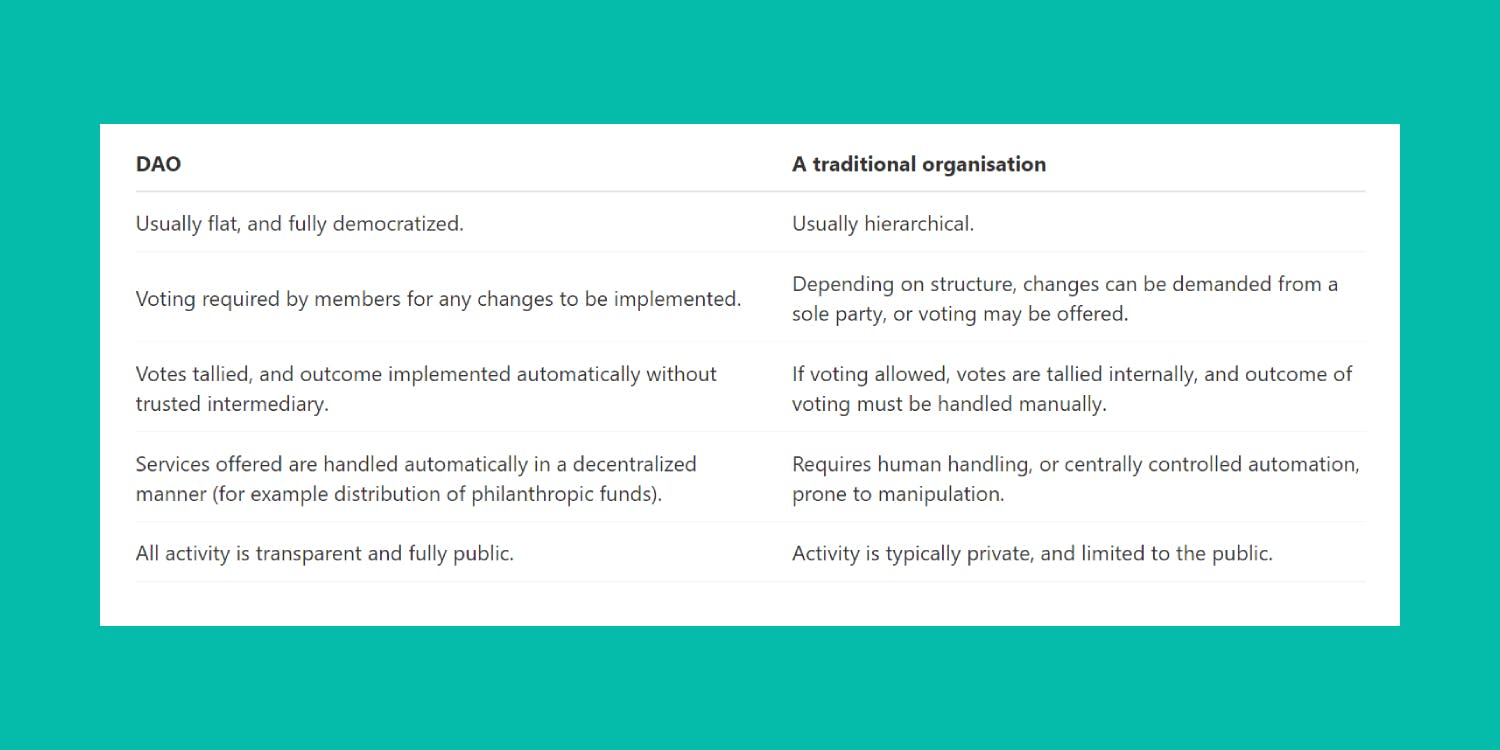
Credit: Ethereum Foundation
Examples of DAOs
DAOs create new and exciting opportunities; let’s look at some examples:
MakerDAO
MakerDAO is the protocol behind DAI, a crypto-backed stablecoin, and the MKR token governs the protocol.
Token holders make crucial decisions for the Maker protocol. Some examples include voting on the interest rates for loans and defining what crypto-assets get used as collateral for loans.
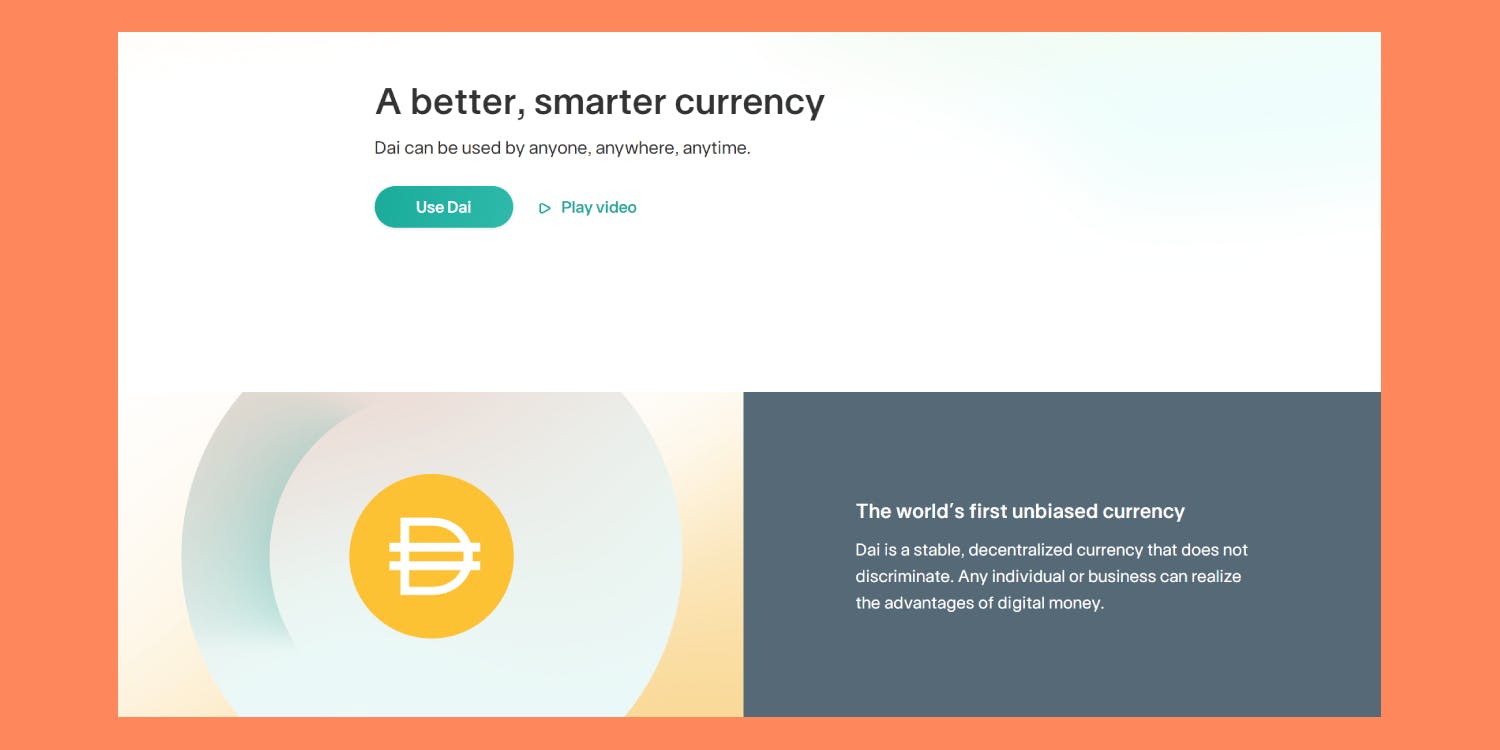
Credit: MakerDAO
Gitcoin
Gitcoin is a platform to fund open-sourced software using ‘Quadratic Funding’. Quadratic Funding is a way to fund projects by giving power to the community and not a small group of large financial contributors. This prevents high-network figures from controlling the decision-making process.
This idea gets applied to Gitcoin’s governance. Quadratic Voting manages the grants, any disputes, and the treasury funds of Gitcoin. This ensures that Gitcoin can fund the development of Web 3.0 for the wider community.
An explainer of the Gitcoin governance token.
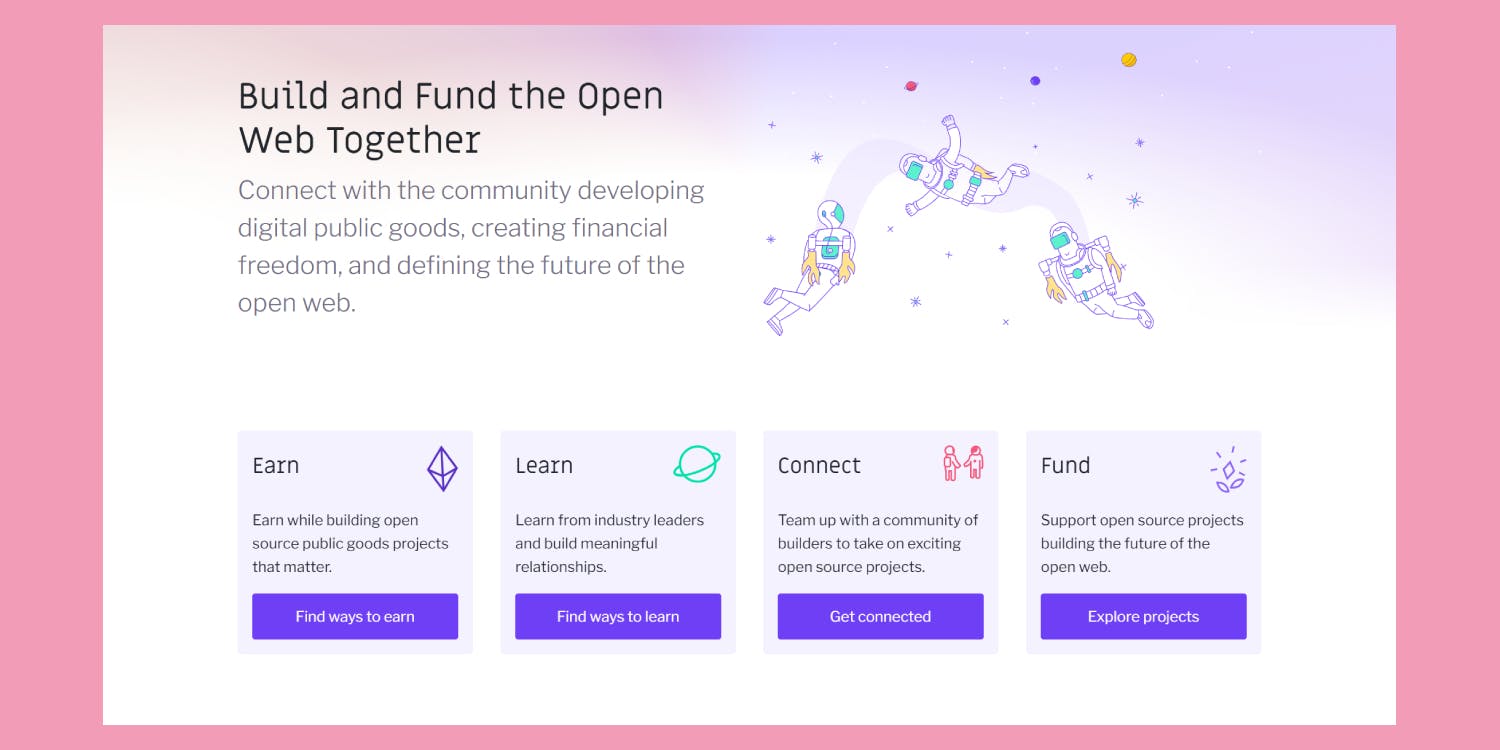
Source:Gitcoin
PleasrDAO
PleasrDAO is an innovative approach to DAOs that raises funds to buy iconic NFTs. Often these NFTs support either a social or political cause close to the DAOs community.
Examples of the works PleasrDAO owns are:
- x*y=k: Celebrated the launch of Uniswap V3 and is the NFT that inspired PleasrDAOs creation. The proceeds of this sale supported AAPI communities.
- Dreaming at Dusk: A commemorative piece created by the Tor Project to raise funds for the project.
- Stay Free A piece created by privacy advocate Edward Snowden fundraising for the Freedom of the Press Foundation. The NFT contains the entire court decision ruling that the National Security Agency's mass surveillance violated the law.
The story behind PleasrDAOs creation
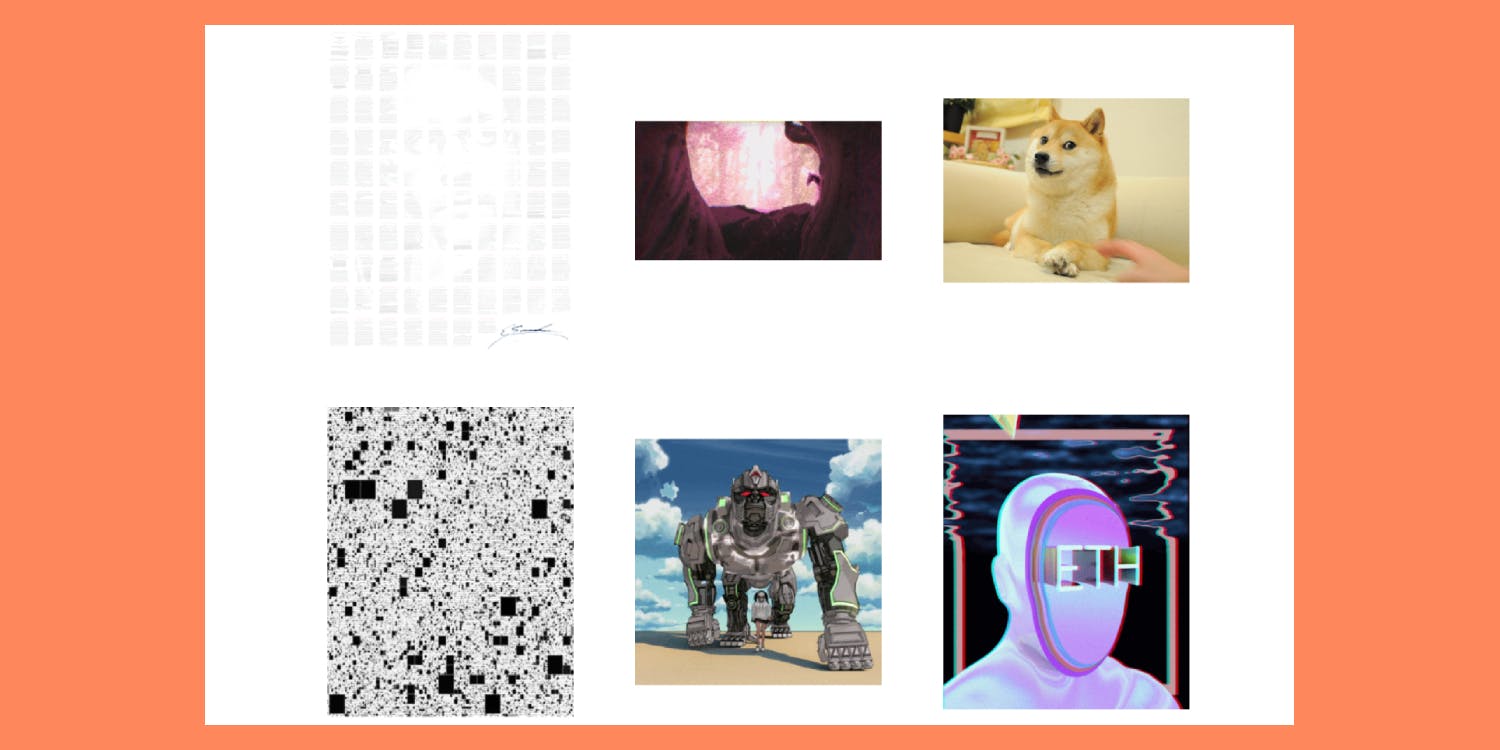
Credit: PleasrDAO
BanklessDAO
Bankless is a crypto-native media organization promoting Ethereum, DeFi, and going ‘bankless’. With their audience growing, they have created the first media and culture DAO to leverage their community and their skills to help grow. This means the community can help expand the mission that Bankless started.
An explainer of the Bankless governance token.
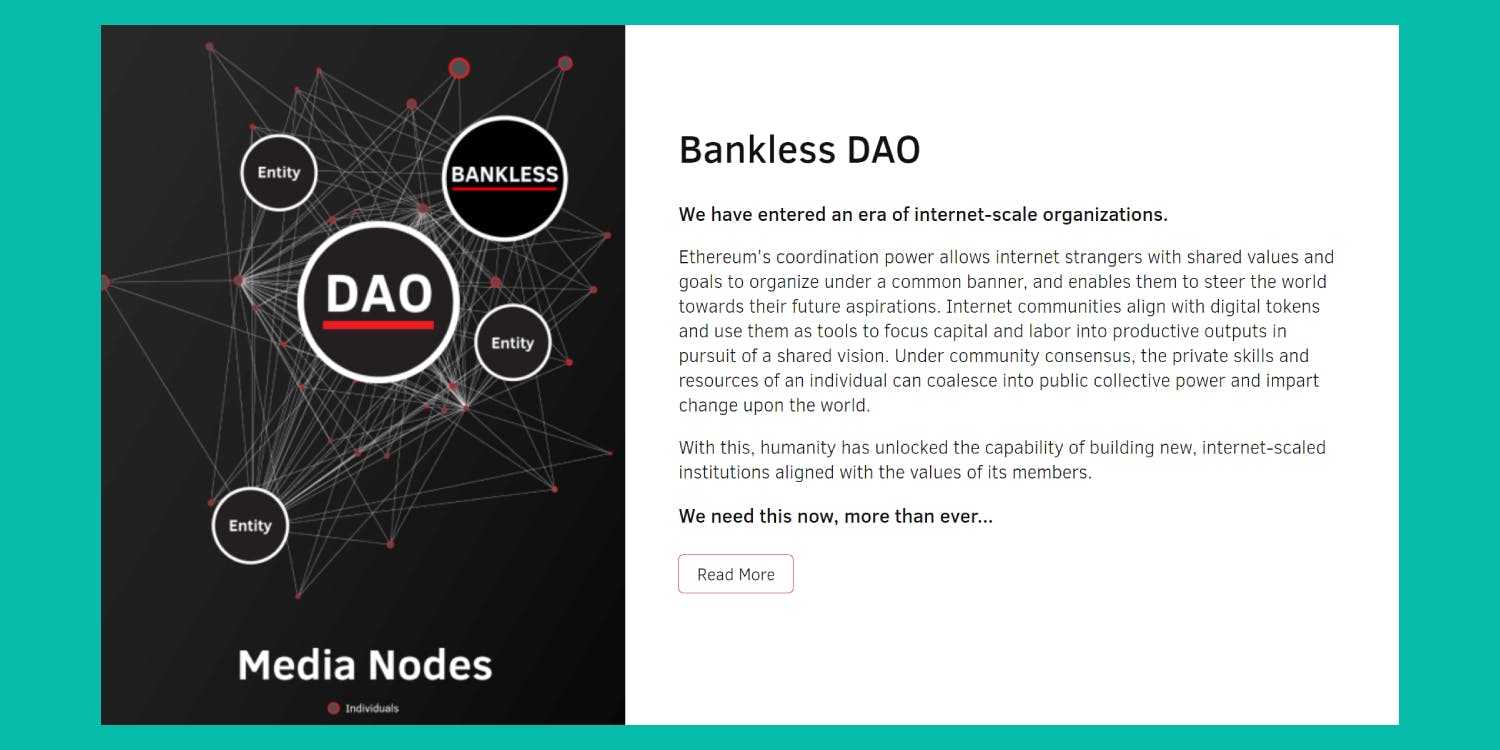
Credit: BanklessDAO
MolochDAO
MolochDAO grants funds to develop the Ethereum ecosystem after its creators noticed how slow progress on ETH 2.0 was. Everyone wants Ethereum to grow, but individuals alone cannot fund it. A collective group can.
Developers can approach Moloch DAO with a proposal that improves Ethereum. For the proposal to pass, it needs a majority vote. When passed, each member in the DAO provides funds representative of their percentage in the DAO.
If a member opposes the proposal, they can ‘ragequit’. Ragequitting allows that member to remove their funds from that proposal. The remaining members then cover their allocation. This acts as a disincentive for controversial proposals passing.
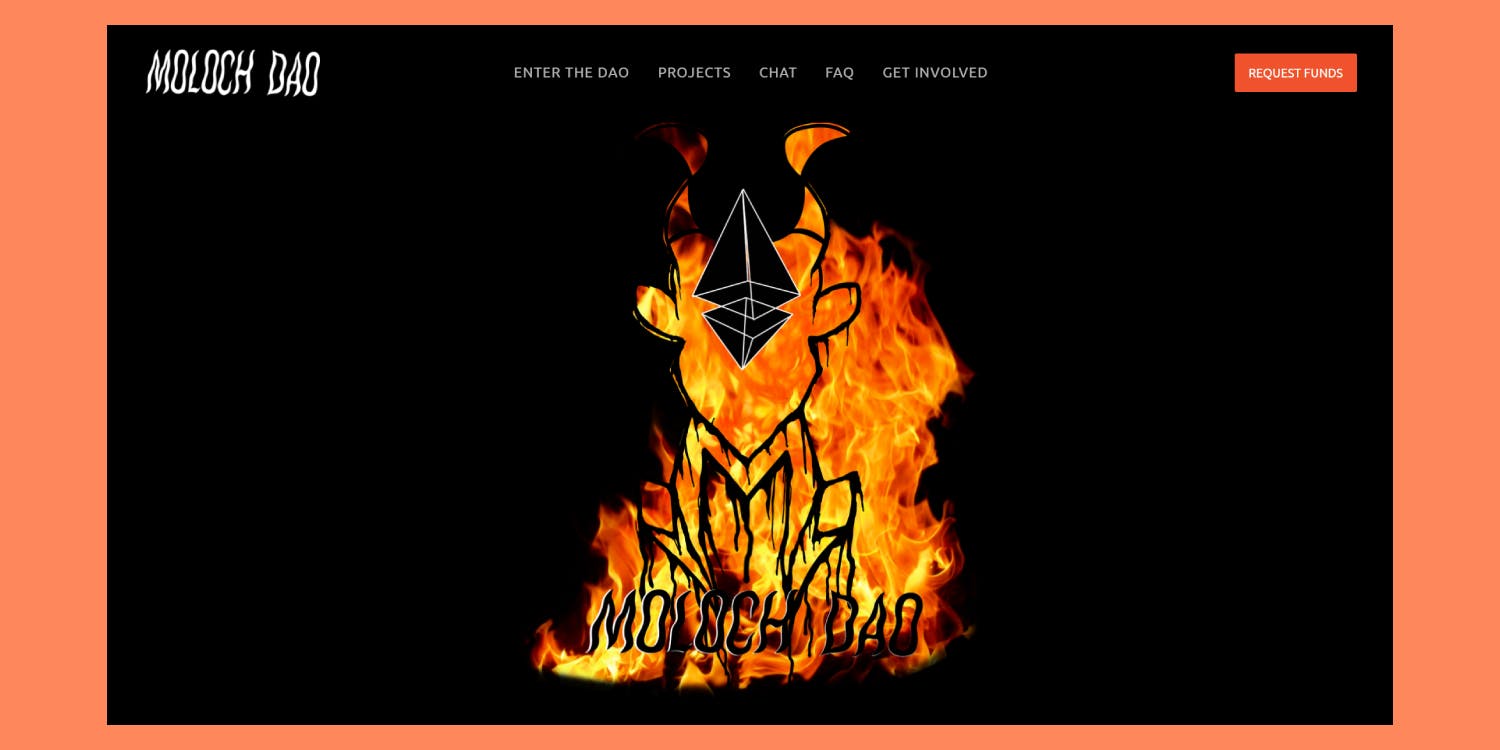
DAO Landscape
We’ve listed just some examples of DAOs. Already, DAOs are generating revenue, creating communities, and much more. To understand the depth of DAOs, we have attached a graphic from Coopahtroopa's article: DAO Landscape which shows how vast the ecosystem has gotten.
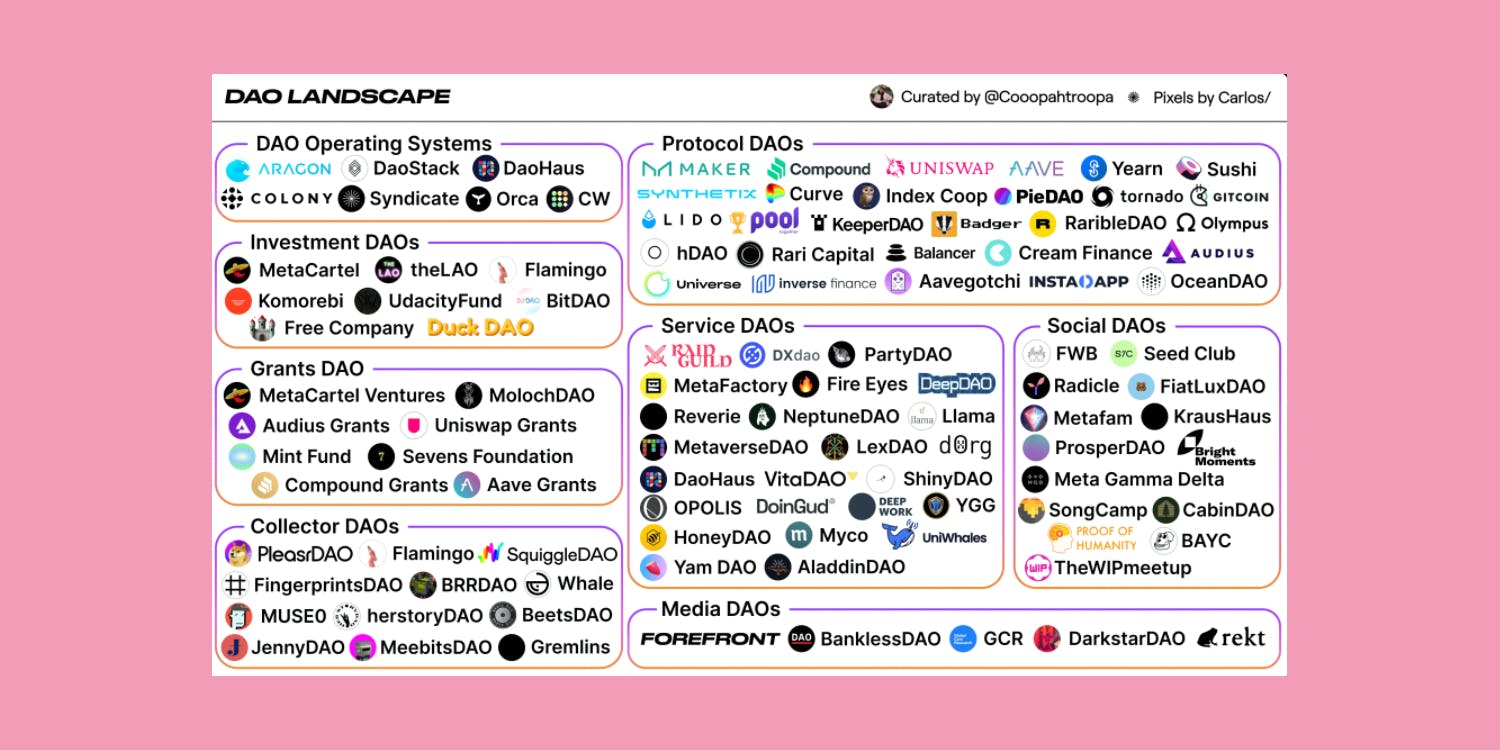
Further resources
The Ethereum Foundations guide on DAOs
A beginner’s guide to DAOs by Linda Xie
DeepDAO a platform that collects data on DAOs
DAOs, DACs, DAs and More: An Incomplete Terminology Guide by Vitalik Buterin
An introduction to DAOs. Resource allocation is the new… | by Peter 'pet3rpan' | Medium
Ready to get started with DeFi?
Argent is a simple, secure, all in one wallet for investing in DeFi
Download Argent